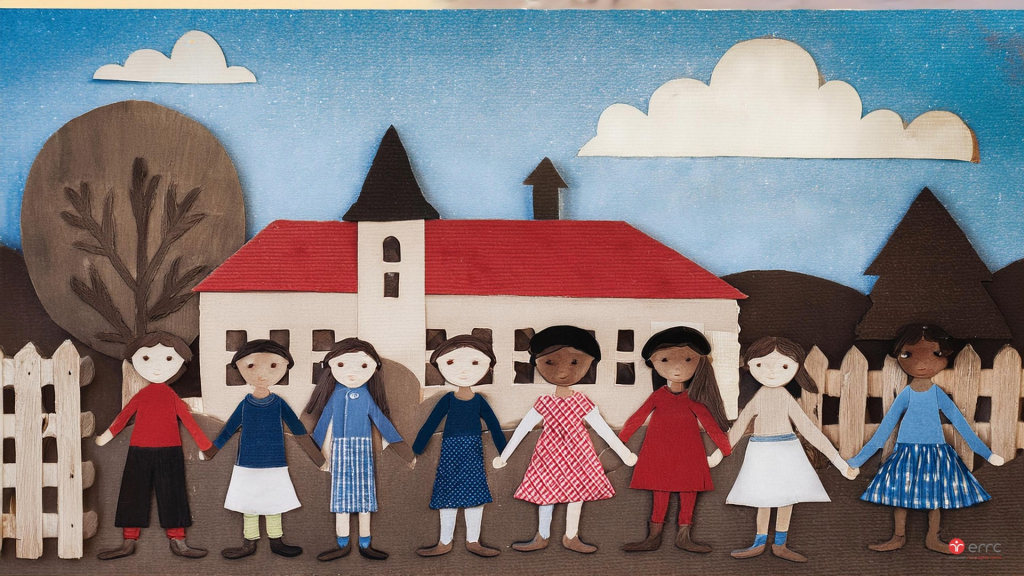End of Segregation of Roma in Kindergartens in Kalocsa, Hungary After Community Legal Action
14 February 2025

Budapest, Brussels 14 February 2025 – Segregated kindergartens in Kalocsa, Hungary have been shut down and measures put in place to ensure integrated education for Romani children following an investigation and legal complaint by the Rosa Parks and Polgár Foundations, with support from the European Roma Rights Centre (ERRC). The Deputy Commissioner for Fundamental Rights - Ombudsperson for the Rights of National Minorities in Hungary brought a decision on 31 January 2025 against the head of the kindergartens in the city of Kalocsa and the municipality responsible for their administration.
As a result of the Ombudsman’s intervention, the municipality ultimately decided to permanently close the segregated kindergartens. The district was subsequently redistributed among other kindergartens in the city, with district boundaries revised to consider both proximity and socio-cultural diversity, ensuring a more balanced composition of students. According to local parents, the situation has significantly improved, with a new head of kindergarten appointed, and segregation—at least at the kindergarten level—effectively eliminated. This decision marks the effective end of segregation at the kindergarten level in Kalocsa.
Adél Kegye, head of the Rosa Parks Foundation, emphasised the broader significance of the case, remarking that “it highlights a longstanding issue that we have consistently encountered—Romani parents' applications are often assessed informally, without written documentation, depriving them of legal recourse. The case in Kalocsa further demonstrated the extent of institutional disregard, as the parents’ signed petitions, which had been legally prepared and documented by the NGOS, were still dismissed by the kindergarten administration. This case exemplifies how local parental involvement, supported by civil and legal advocacy, can lead to structural change, as evidenced by the successful closure of the segregated kindergarten.”
ERRC Legal Director, Vivien Brassói, praised the local activists and parents for standing up for their rights, stating “in Kalocsa, the local administration tried to hinder parents and children from accessing inclusive education. This case stands as a testament to the power of community legal action in fighting discrimination and advancing the rights of Romani children.”
Adrienn Zubek, the head of the Polgár Foundation, emphasised the “crucial role played by two local activists, who, with the support of local Romani parents, initiated and pursued the issue.” She also noted that local parents view the changes as a success and are satisfied with the current situation.
Despite the successful outcome, activists will continue to monitor the situation in Kalocsa. While this marks an important victory, the organisations caution that challenges remain, particularly at the school level, where Romani children continue to face systemic disadvantages, including disproportionate placement in so-called ‘special education’ programmes.
The Ombudsman has recommended that the State Secretariat for Education review and regulate the framework for nationality education programmes in kindergartens to ensure compliance with legal standards.
This press release is also available in Hungarian.
For further information, or to arrange an interview contact:
Jonathan Lee
Advocacy & Communications Director
European Roma Rights Centre
jonathan.lee@errc.org
+32 49 288 7679
Adél Kegye
Lawyer
Rosa Parks Foundation
adel.kegye@gmail.com
+36 70 607 8787




